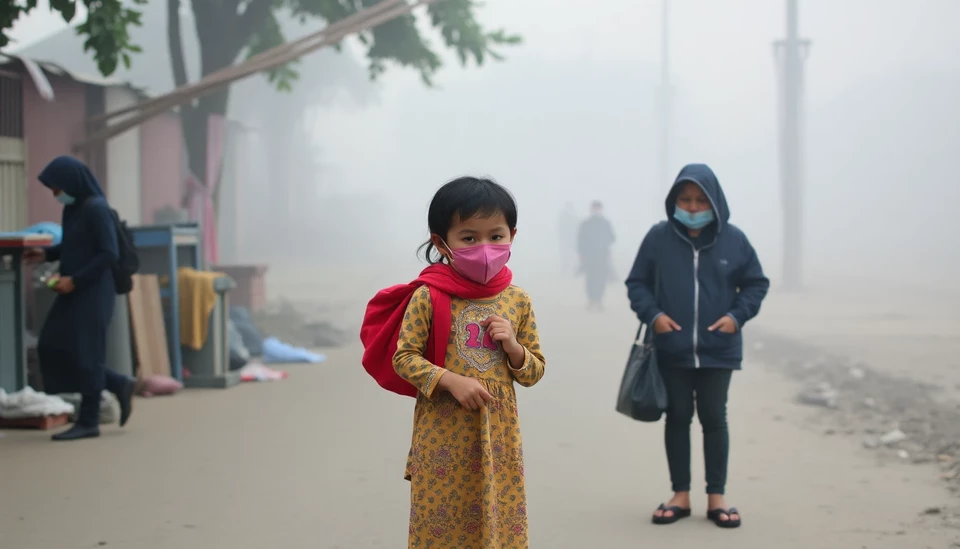
In a controversial move that reverberates across environmental and public health sectors, the United States has decided to halt its air pollution monitoring program. This initiative, regarded as a vital tool in combatting air quality issues globally, was designed to assist nations in understanding and managing their air pollution levels. The program's suspension raises concerns about the implications for global health, particularly in developing countries that are heavily burdened by pollution-related health crises.
The program, established as part of America’s commitment to international cooperation on environmental health, played an instrumental role in gathering data that informed strategies for reducing airborne toxins. With the U.S. stepping back from this initiative, experts voice their apprehension about the potential setback in global efforts aimed at tackling air pollution, which is responsible for millions of premature deaths each year worldwide.
Critics of the decision argue that the U.S. withdrawal undermines international partnerships and hampers meaningful progress towards achieving cleaner air in some of the most polluted regions of the world. The program not only facilitated the sharing of scientific knowledge but also provided much-needed technical assistance to developing nations, often groaning under the weight of dirty air and its associated health impacts.
The U.S. Department of Environmental Protection confirmed in their announcement that the program’s suspension is temporary and attributed to budget constraints and shifting governmental priorities. However, this rationale does little to reassure advocates for global health who point to the rising mortality rates and health complications linked to poor air quality as urgent issues that require consistent international focus and intervention.
With air pollution being a leading cause of health conditions like respiratory diseases and cardiovascular problems, experts contend that the availability of accurate air quality data is paramount. Without it, many countries will find it increasingly difficult to navigate their public health policies and effectively combat air pollution. This electronic resource was vital for identifying pollution hotspots, tracking emissions trends, and informing effective policy interventions.
Given the global nature of climate change and air pollution, advocates underscore the importance of solidarity and international cooperation in addressing these challenges. The cessation of this program may signal a retreat from the global stage at a time when unified action against environmental threats is crucial for sustainable health outcomes.
As the world grapples with the consequences of environmental degradation, stakeholders are calling for a reassessment of the value of such monitoring programs. The focus now shifts to how the U.S. government will respond to concerns raised by health advocates and whether they will reconsider their stance on this critical issue.
As discussions unfold, it remains to be seen how this decision will influence global air quality monitoring efforts and the subsequent health outcomes in vulnerable populations around the world.
For now, the air pollution initiative stands as a stark reminder of the intertwined nature of health policy and environmental stewardship and the vital importance of ongoing collaboration in protecting public health.
#AirPollution #GlobalHealth #EnvironmentalProtection #PublicHealth #Sustainability #InternationalCooperation #CleanAir #HealthCrisis #ClimateChange
Author: Sophie Bennett




